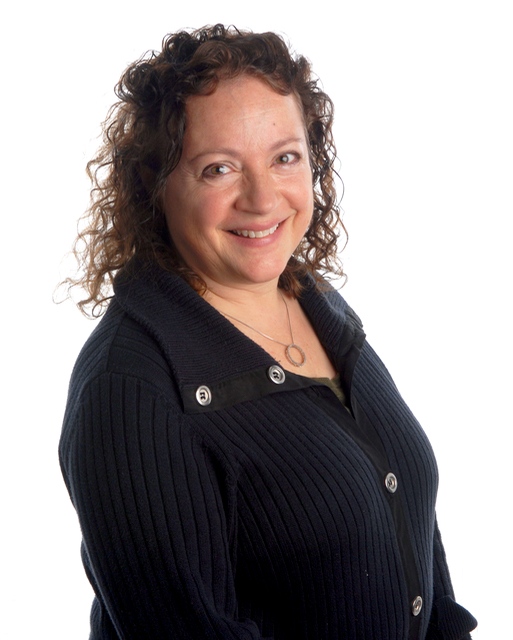
Luisa D’Amato (Photo: Jennifer Pellegrino, Waterloo Region Record)
Plug-in: Election reporting with political columnist Luisa D’Amato Luisa D’Amato is a well-known local voice shedding light on politics, among other subjects, in Waterloo Region. She’s been a journalist at the Record since 1984 and has covered elections at all three levels of government. We were fortunate to have an opportunity to speak with Luisa about the current federal election and capture her thoughts on election reporting.
What motivated you to write about and follow politics? Politics, although boring for some people, is the study of power and who will prevail. The people that prevail in politics get to decide on the priorities for the city, province or country. On a personal level for people, politics is a crucible. Being involved politically can be a very intense experience – it can be both very humiliating and very exhilarating.
What’s different or exciting to you in this federal election? This election offers a real choice in terms of what approach the public wants from their government. In many elections, all of the parties are reasonably centrist so it wouldn’t make a huge difference who is elected. In this case, there’s a real ideological choice. This election is also exciting because the parties are so close in the polling and it’s just not clear who will win.
What has your experience taught you about those plugged into politics versus those who aren’t? The people who are really plugged into politics are almost tribal during an election. It’s almost like people are at war – an ideological war – and there is a certain propaganda that goes with war. On the other hand, it’s like the rest of the people are on another planet. These people who are not plugged into politics might simply talk about why they can or cannot vote for a candidate, but their decision-making is almost more reasonable than those who are highly involved.
Is small business on the radar in this election? Definitely. I can’t imagine being the owner of a small business and not noticing all the talk about small businesses during this election. Each party sees small businesses differently and it’s vital to understand that. Beyond the political side, governments regard small business as the engine of the economy, providing so many jobs. So beyond the discussion about the tax rate, there’s a lot of government programs available, like the support for research and development, and as a business owner you want to choose the best environment for your business. There is a direct self-interest for small businesses to tune in.
How do you entice readers to follow elections or engage in public policy issues? When writing about the election, I use a conversational tone in the column and try to mix together a personal invitation to have a discussion and at the same time bring in policy considerations. I start by reading the papers, and if something bothers me, I know it’s a column I need to write. In the column, I am sharing my personal reaction along with some detailed information about the issue at hand.
What creative approaches can get more people interested in politics? One of the things that the Record does is have a community editorial board. The Community editorial board includes 15-20 people from all walks of life who are invited to come to the Record and write a column on a topic of their choice several times per year. This is done to try to engage the public – albeit a small percentage of the public – but it offers a wonderful chance to be part of the opinion-making process.
Is writing about politics more difficult than other sections of the paper? Yes – without a hesitation. Most beats have authority figures that a columnist or reporter goes to as they are working on a story. For example, a reporter on the crime beat would approach the police as the authority and the reporter on the education beat would approach the school board. However, when covering politics as a reporter, there isn’t any central place to get information and everyone is giving you highly biased information. All the sources of information are trying to form your opinion. There just aren’t as many factual sources when you’re on the politics beat, so the reporter has to make a lot more independent judgments and actively draw other sources in to round out the story.
What have you learned through covering this topic? It’s really important to keep the rhetoric in perspective. When you’re writing columns, you can’t just repeat what people are saying. You need to find out who is telling the truth. You have to look for evidence because it’s wonderful to have the evidence as a compass.
Top photo: Reporter's notebook by Roger H. Goun is licensed under CC BY 2.0.

